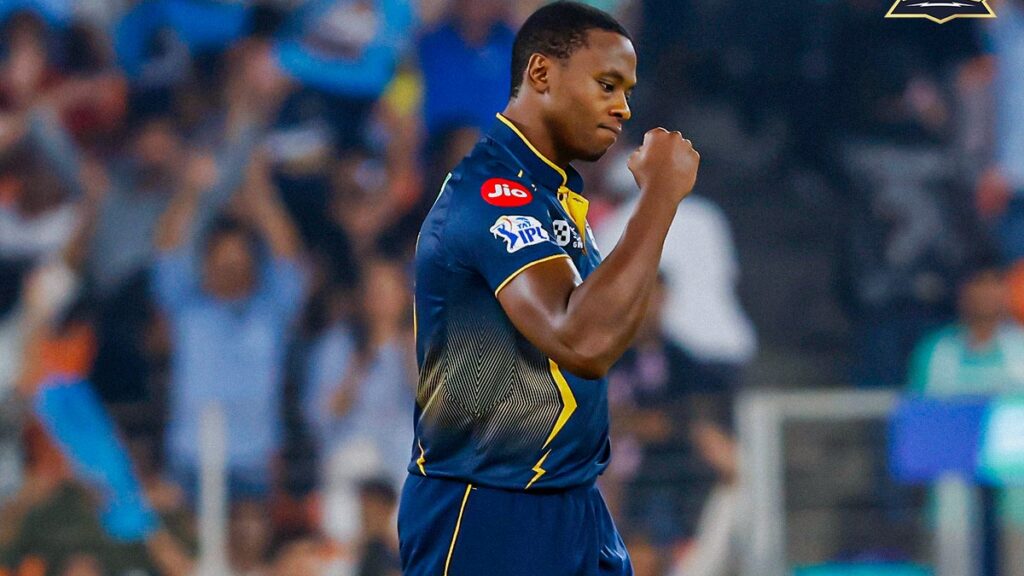
Kagiso Rabada has returned to India and is back with the Gujarat Titans camp after news broke that the South African bowler had been provisionally suspended following use of a recreational drug. While fans try to understand what went down and what the timeline of the suspension was; a leading expert in the field, K.P Mohan, in an exclusive chat with RevSportz has analysed the case and helped us understand the technicalities of the suspension better.
With the bowler back with GT, it is likely that he has already served his suspension and can feature in the next game for the franchise.
“The test was done by the South African Anti-Doping Agency, which is their national testing agency. And whatever action has to be taken or might have already been taken, would have been taken by the South African Agency. That is one.” Said Mohan
“Second, according to reports, he hasn’t played a match for more than a month. If that is the case, then he might have already ended the suspension period. That is, he would have proved that it was not for any kind of performance enhancement. If he hasn’t played a match for more than a month, he might have completed that one-month period of suspension. In which case, he is eligible.”
Even if the bowler hasn’t completed his suspension, he can be back with the team. While he cannot train or play a match, he might be able to stay with the camp and reside in the same hotel as the team.
“He can come and stay in the same hotel, perhaps. I’m not sure about it. But he can’t be in a training session. Forget about a match, he can’t be in a training session during whatever suspension, whether it is provisional.”
“THC, which probably is the category of substance he tested positive for, is a “specified substance” which means there is no automatic provisional suspension.”
While the cricketing fraternity views Rabada’s case in isolation, the conversation has quietly drifted into a broader arena. At the heart of it lies a long-standing debate: Should recreational drugs warrant suspensions or bans? Do they genuinely enhance performance or offer a competitive edge?
“Earlier there used to be a minimum of one year or two year suspension. It was reduced in the 2021 code because of tremendous pressure from officials as well as athletes etc. ‘This is only a recreational drug. We are not gaining any kind of advantage over the rivals by taking it.’ There will probably be another proposal to completely remove it because what has marijuana or cannabis got to do with how you perform?”
A parallel can be drawn to the case of Sha’Carri Richardson, America’s sprinting prodigy, who was handed a one-month suspension after testing positive for a recreational drug. Although the rules around such substances have been relaxed post-2021, the debate rages on. Athletes remain divided, some argue for the complete removal of recreational drugs from the anti-doping list, questioning whether they belong in the same category as performance enhancers at all.
“Some people argue that substances like these create a sense of euphoria. You might feel fearless, say, before entering a boxing match, when you’d normally be dealing with intense nerves. In such cases, the pressure might not affect you the same way.
I don’t really know. It seems comparable to consuming alcohol, in a sense. But the point is, there has been and continues to be a strong argument for removing this category of substances from the banned list altogether, because for many, it simply doesn’t make sense to include them.”




